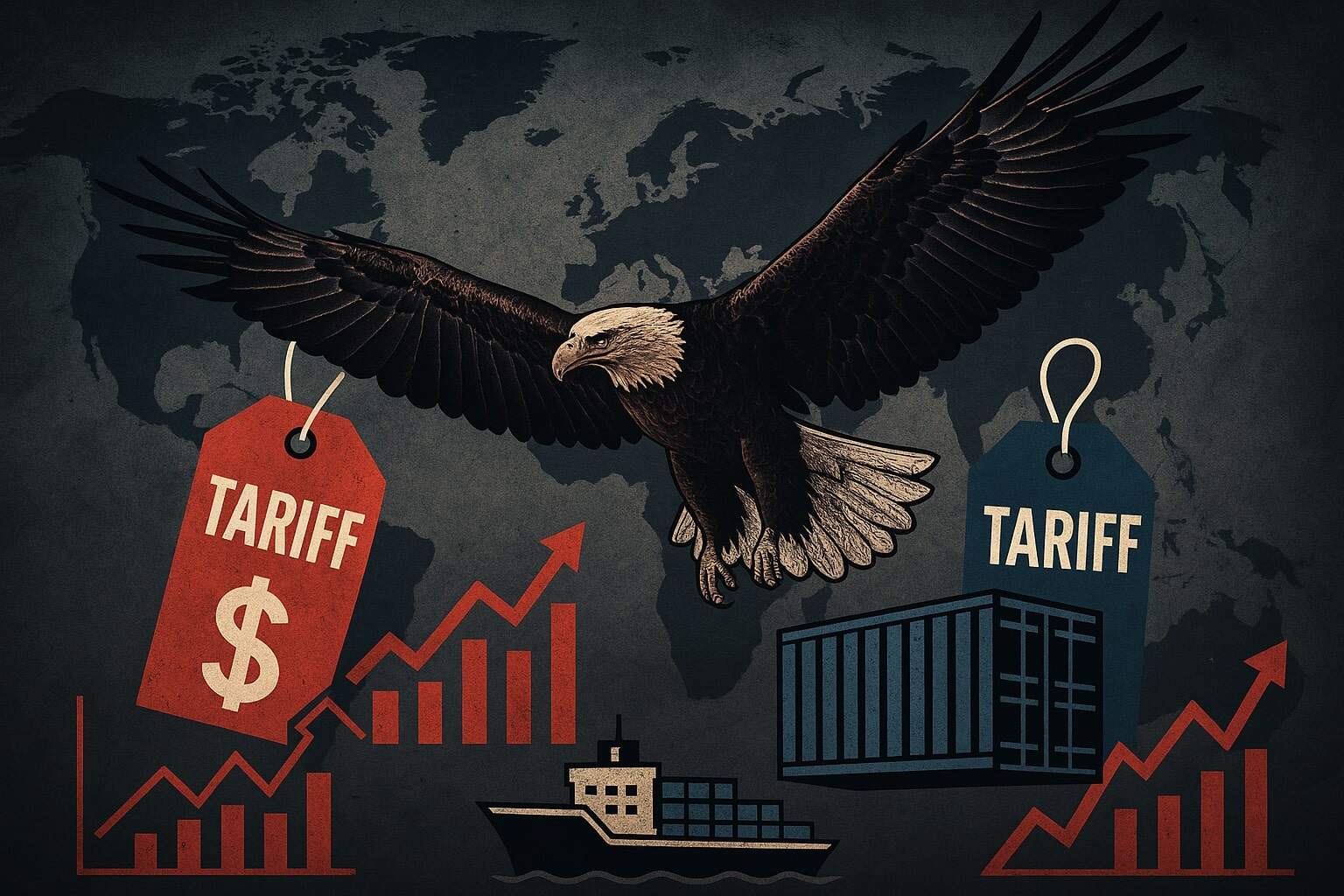Since returning to office, President Donald Trump has implemented sweeping policy changes that are reshaping both domestic and global affairs. With over 300 executive orders, his administration has aggressively pursued an “America First” agenda, affecting U.S. alliances, immigration, energy, and military policies.
One of Trump’s most controversial moves was his diplomatic outreach to Vladimir Putin, resulting in a pause—but not a full ceasefire—on Russia’s attacks on Ukraine’s energy infrastructure. This shift, seen as a win for Moscow, raises concerns over NATO unity and U.S. credibility. Meanwhile, Trump’s aggressive immigration policies, including border wall expansion and asylum restrictions, are straining relations with Latin American neighbors.
On the climate front, Trump’s exit from the Paris Agreement and his pro-fossil fuel stance are isolating the U.S. from key allies. Domestically, his rollback of diversity programs, transgender military bans, and government restructuring signal a broader cultural and political realignment.
These changes reflect a high-stakes geopolitical gamble—one that could either reinforce U.S. sovereignty or accelerate its decline in a rapidly shifting world order.



